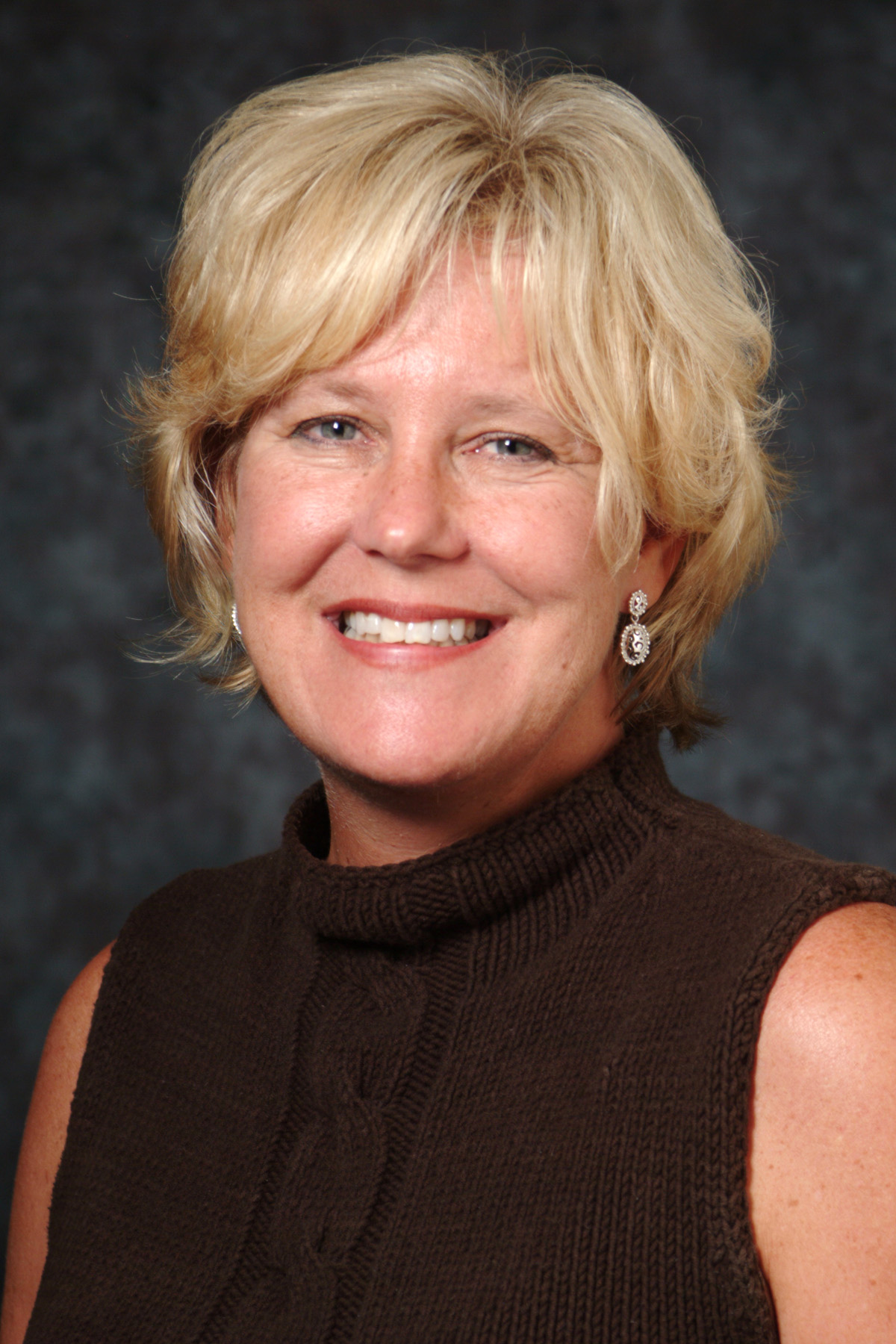
FAYETTEVILLE, Ark. — Parents can help their children understand mathematics by talking about the numbers and figuring used in daily life, preparing them for learning skills and concepts in the classroom, says a University of Arkansas math educator.
Research shows that most children have the potential to learn to count before going to school. Math educator Laura Kent advises parents of children who will be entering kindergarten to talk about counting and perhaps simple addition and subtraction. Learning how to recognize numbers is also important.
“Much of early skill with numbers is based on counting,” Kent said. “A child who can count can begin to work out solutions to simple word problems.”
Once the child enters kindergarten, teachers will build on this knowledge base and extend the child’s math skills. Kent suggests that parents can enhance their child’s understanding by looking for examples as they naturally occur.
“Parents can begin by asking their child counting questions while reading a picture book, like 'How many puppies are on this page?’ or by asking a child to bring four spoons to help set the table,” Kent said. “Later they can move on to asking addition questions like 'You have five toy cars. If I give you two more, how many do you have?’”
Often girls enjoy storytelling play with dolls or stuffed animals, and Kent reminds parents to ask them the same kind of counting questions about their play. They can tell their parent how many little ponies they are playing with or how many imaginary friends their doll has.
In addition to talking about numbers, Kent advised parents to think about the toys they give their children.
“Parents should involve both sons and daughters in using building toys like blocks or Legos to build spatial visualization skills,” Kent said.
For older children who have had math instruction in elementary school, Kent advises asking them mental computation questions. Grocery shopping offers opportunities for figuring.
“The biggest gap I see for elementary children involves estimation or number relationships,” Kent said. “If green beans cost 76 cents a can, can a child estimate about how much five cans will cost?”
She suggests that figuring tips, taxes and summer sale discounts all are opportunities for children to learn computational fluency — the ability to work flexibly with numbers.
“If your child has finished fifth grade, you can ask them to figure discounts for you in the store using the 10 percent strategy,” Kent said.
To illustrate the 10 percent strategy, Kent used the example of a bathing suit on sale. If the suit originally cost $45 and is now 30 percent off, a child who has finished fifth grade should be able to figure that 10 percent would be $4.50. It would then follow that 20 percent off is $9.00 and 30 percent is $13.50.
“Practicing computational fluency in day-to-day life will help children understand in-school math problems and whether or not an answer makes sense,” Kent said.
In addition, Kent suggested that parents ask children to explain how they got their answer.
“Counting on fingers is OK,” she said.
From her work with elementary school teachers, Kent knows that there is another area that parents need to discuss with children before school starts — money.
“With so many people using debit cards, we don’t deal in cash as much as we used to,” Kent said. “Kids need to be able to recognize bills and coins and to know how many bills and coins it takes to equal a certain amount. It’s another way to think about numbers.”
Kent, an associate professor of mathematics education in the College of Education and Health Professions, is researching the implementation of a professional development program in Arkansas that focuses on helping teachers understand how children think about mathematics.
Contacts
Laura Kent, associate professor,
department of curriculum and instruction
College of Education and Health
Professions
(479) 575-8762, lkent@uark.edu
University Relations
(479) 575-2683, jaquish@uark.edu